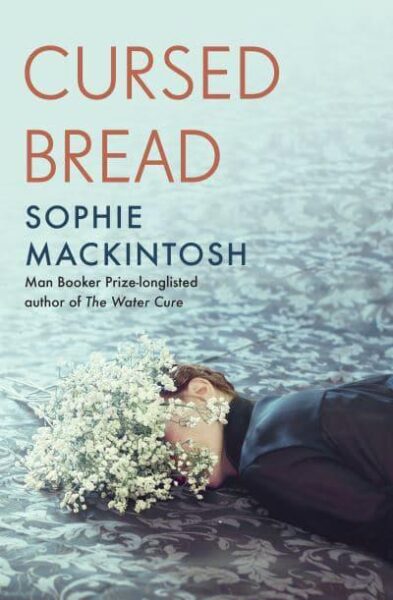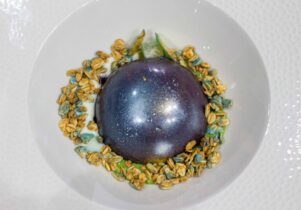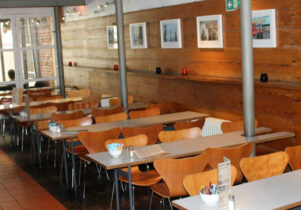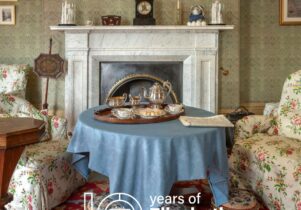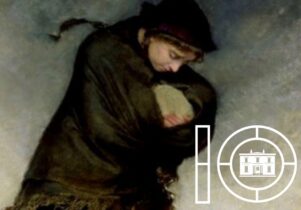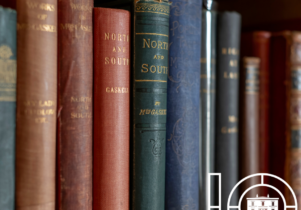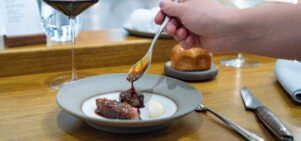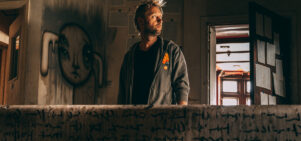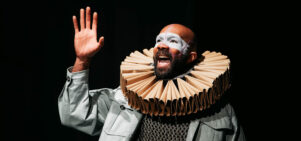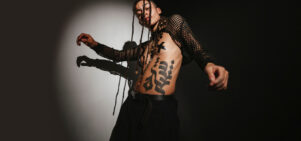Sophie Mackintosh and Polly Barton in conversation with Lara Williams at Blackwell’s
Sarah-Clare Conlon, Literature Editor
Head to Blackwell’s bookshop to hear Sophie Mackintosh and Polly Barton discuss their latest books with Lara Williams of Manchester Metropolitan University, and author of The Odyssey and Supper Club.
Both Sophie Mackintosh’s Cursed Bread (Penguin/Hamish Hamilton) and Polly Barton’s Porn: An Oral History (Fitzcarraldo Editions) explore sex, repression and the taboo. The two books will be available to purchase at the event and the authors will be signing copies after the talk.
Sophie Mackintosh is the author of three novels: Cursed Bread, Blue Ticket and The Water Cure, which was longlisted for the Man Booker Prize 2018 and won a Betty Trask Award in 2019. She has been published in journals including Granta, The White Review and TANK magazine, among others.
Cursed Bread is described as ‘audacious and mesmerising […] a fevered confession, an entry into memory’s hall of mirrors, a fable of obsession and transformation. Sophie Mackintosh spins a darkly gleaming tale of a town gripped by hysteria, envy like poison in the blood, and desire that burns and consumes.’ A recommended read for 2023 in The Times, Guardian, Irish Times, Scotsman, iD, Good Housekeeping, Big Issue and Our Culture, The Guardian calls Cursed Bread: ‘Gauzy [and] gripping, a quietly rich maturation of Mackintosh’s skill.‘
Here’s the blurb to Sophie Mackintosh’s Cursed Bread: Elodie is the baker’s wife. A plain, unremarkable woman, ignored by her husband and underestimated by her neighbours, she burns with the secret desire to be extraordinary. One day a charismatic new couple appear in town – the ambassador and his sharp-toothed wife, Violet – and Elodie quickly falls under their spell. All summer long she stalks them through the shining streets: inviting herself into their home, eavesdropping on their coded conversations, longing to be part of their world. Meanwhile, beneath the tranquil surface of daily life, strange things are happening. Six horses are found dead in a sun-drenched field, laid out neatly on the ground like an offering. Widows see their lost husbands walking up the moonlit river, coming back to claim them. A teenage boy throws himself into the bonfire at the midsummer feast. A dark intoxication is spreading through the town, and when Elodie finally understands her role in it, it will be too late to stop.
A recommended read for 2023 in The Times, Guardian, Irish Times, Scotsman, iD, Good Housekeeping, Big Issue and Our Culture, The Guardian calls Cursed Bread: ‘Gauzy [and] gripping, a quietly rich maturation of Mackintosh’s skill.‘
Bristol-based Polly Barton won the 2019 Fitzcarraldo Editions Essay Prize for Fifty Sounds, and Porn: An Oral History is her second book, also published with Fitzcarraldo. She is a Japanese literary translator, with translations including Where The Wild Ladies Are by Aoko Matsuda, There’s No Such Thing As An Easy Job by Kikuko Tsumura and Spring Garden by Tomoka Shibasaki.
Here’s the publisher’s write-up for Polly Barton’s Porn: An Oral History: How do we talk about porn? Why it is that when we do talk about porn, we tend to retreat into the abstract? How do we have meaningful conversations about it with those closest to us? In Porn: An Oral History, Polly Barton interrogates the absence of discussion around a topic that is ubiquitous and influences our daily lives. In her search for understanding, she spent a year initiating intimate conversations with nineteen acquaintances of a range of ages, genders and sexualities about everything and anything related to porn: watching habits, emotions and feelings of guilt, embarrassment, disgust and shame, fantasy and desire. Soon, unfolding before her, was exactly the book that she had been longing to encounter – not a traditional history, but the raw, honest truth about what we aren’t saying. A landmark work of oral history written in the spirit of Nell Dunn, Porn is a thrilling, thought-provoking, revelatory, revealing, joyfully informative and informal exploration of a subject that has always retained an element of the taboo.
